Join More Than 50,000+ Subscribers and get latest camera news and rumors
NEW CAMERA VIDEOS ON YOUTUBE
|
By admin, on July 5th, 2023
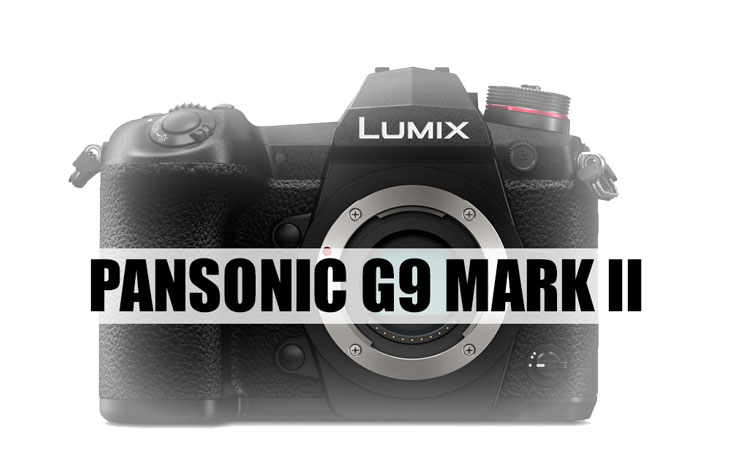
According to the latest rumors we have from the rumor mill, Panasonic is about to announce the successor of the Panasonic G9 camera, which was announced back on November 2017, so it’s almost 5+ years finally we are having an update from Panny.
The Panasonic G9 was Panasonic’s flagship Micro Four Thirds camera. At the time of its announcement in 2017, the camera had a maximum burst speed of 20 frames per second with continuous autofocus and a maximum shooting speed of up to 60 frames per second. Additionally, its image stabilization was effective up to 6.5 stops and it also included Dual IS 2.0 technology. The G9 was capable of shooting uncropped 4K video at 60fps and also had an 80-megapixel high-resolution handheld mode. These specs were for the Panasonic G9 flagship Micro Four-Thirds format camera, which was announced back in 2017.
If Panasonic is planning to announce the G9 II in 2023, then you can imagine the set of improvements we will have in the G9 Mark II camera body.
Panasonic representatives have stated several times during interviews that the S5 Mark II camera sensor technology will not be limited to full-frame sensors only; they will also use the same hybrid AF technology for their Micro Four Thirds format cameras.
So, we are expecting a massive upgrade in the autofocus performance of the upcoming Panasonic G9 Mark II camera.
Stay tuned for more to come…
Follow us on our social pages FACEBOOK | TWITTER | INSTAGRAM, to get LIVE News and Panasonic Rumor
source: 43rumor.com
By admin, on July 5th, 2023
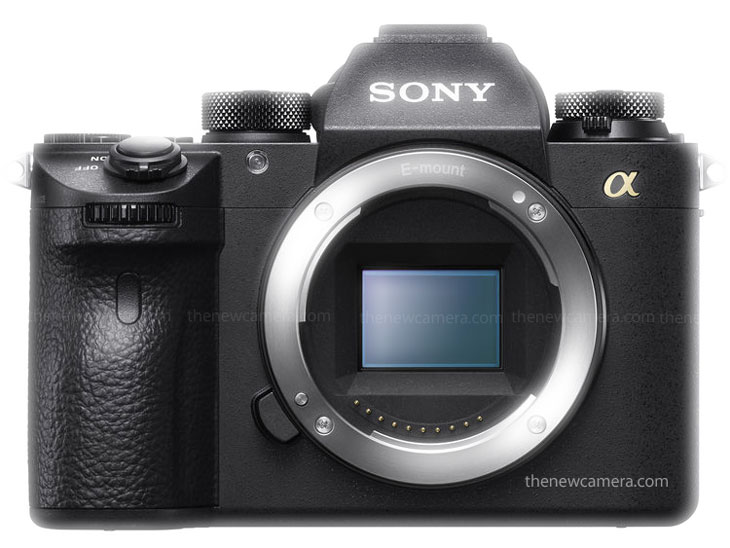
Finally, we are getting more confirmation of the specs that we published back on April 26, 2023. The biggest surprise in this announcement is that the camera is now able to record 6K at 30 frames per second and also has the ability to record 4K at up to 120 frames per second.
Sony A6700 Expected Core Specification
- 26.1MP APS-C BSI CMOS Sensor
- BIONZ XR & AI Processing Unit
- AI-Based Real-Time Tracking AF System
UHD 4K up to 60p (uncropped)- 6k 30fps
- 4k 120fps
- S-Cinetone
- S-Log3, 4:2:2 10 Bit internal
- 5-Axis Image Stabilization
- updated Quad-VGA OLED Tru-Finder EVF 3.69m-dot resolution for bright, clear viewing in high detail
The improvements in the video capabilities are specifically due to the presence of the Fuji X-S20 (Fresh stock coming from July end at B&H Store), which was announced in May 2023. So, they have enhanced the video core specs of the upcoming camera to make it future-proof and also to be the best in its class.
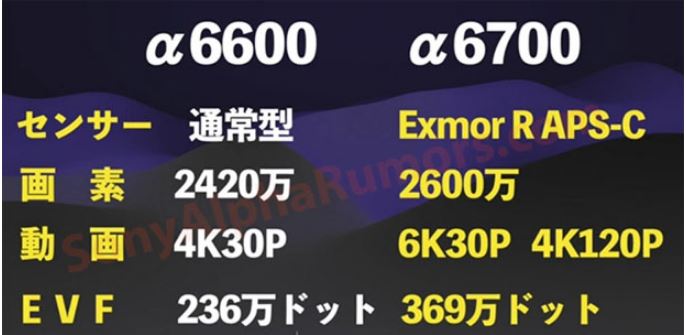
The rumor mill (SAR.com) got confirmation from a leaked presentation slide, as shown above. The camera is expected to arrive this month on the 12th and we are waiting for its first leaked images and detailed set of core specifications. As soon as they become available to us, we will publish them. Stay tuned for future updates.
According to the latest rumors exclusively obtained by TNC, there is another ZV series camera in the announcement pipeline, featuring a 26MP sensor and scheduled for release in the first quarter of 2024. Sony ZV-E100 or FX-10: Sony’s NEXT 26Mp APS-C Camera Coming
Follow us on our social pages FACEBOOK | TWITTER | INSTAGRAM, If you have time –>see more Sony Alpha Rumor
By admin, on June 30th, 2023
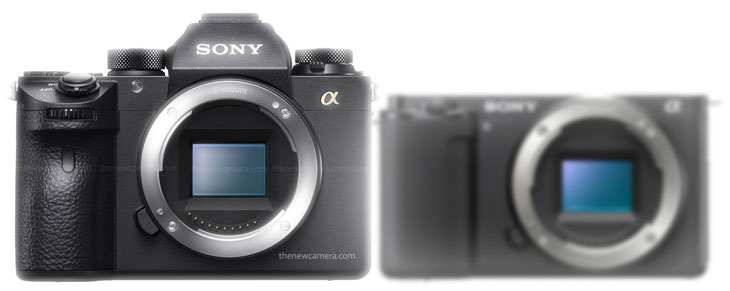
We have one more camera in the announcement pipeline other than Sony A6700, but at the moment we don’t know if it will be called the Sony ZV-E100 or FX 10. However, but for sure not only is Sony A6700 getting Sony’s 26MP sensor, we do have one more active camera which is said to arrive one or before Q1 of 2024.
Sony ZV-E100 \ FX10 Expecations
- 26.1MP APS-C BSI CMOS Sensor
- BIONZ XR
- AI Processing Unit
- AI-Based Real-Time Tracking AF System
- UHD 4K up to 60p (uncropped)
- S-Cinetone
- S-Log3, 4:2:2 10 Bit internal
- 5-Axis Image Stabilization
- No EVF
- Body design similar to ZV-E10 (Compact Made for Vlogger)
- Announcement Timeline – Feb-March 2024
The camera will feature the same 26-megapixel APS-C CMOS sensor that we have seen inside the Sony A6700 camera and Sony FX30. The camera’s top resolution is 4K at 60 frames per second, and full HD recording is available at 240 frames per second.
The camera has a very compact body design without an electronic viewfinder and a thin hand grip, which looks more similar to Sony’s ZV-E10 camera rather than the Sony A6700. The camera also has the latest AI processor being used inside the A6700 camera.
Electronic image stabilization for video is enhanced, and mechanical image stabilization for photos and video is available. It’s a trimmed-down version of the Sony A6700 camera made for content creators.
The rumor “Sony ZV-E100 or FX-10: Sony’s NEXT 26Mp APS-C Camera Coming” first published on thenewcamera.com
Follow us on our social pages FACEBOOK | TWITTER | INSTAGRAM, If you have time –>see more Sony Alpha Rumor
By admin, on June 28th, 2023
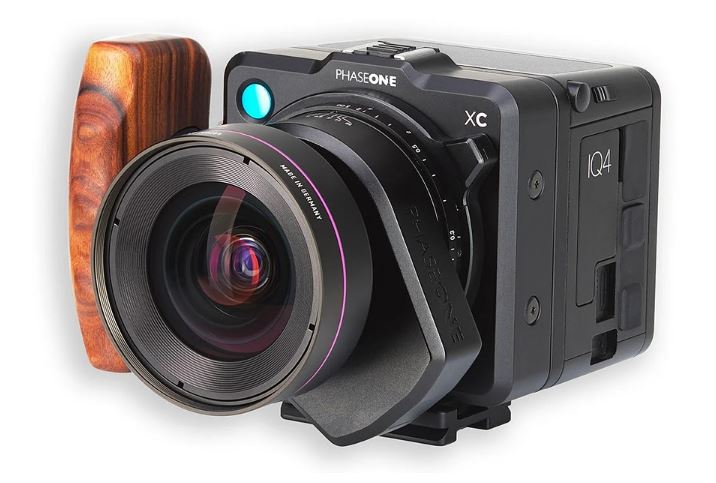
Today, Phase One announced an overpriced $65,000 for a camera with a 150-megapixel medium format sensor made by Sony and a 23mm F5.6 (14.9mm, F3.6 equiv.) fixed lens. If the sensor was made by Phase One and was exclusive to that camera, even in that particular situation the $60k+ isn’t justified for a camera body with a lens.
However, we all know that after a while, the same sensor will arrive inside the body of a Hasselblad X2D 150c or X3D 150c camera or the Fuji medium format camera under the Fuji GFX 150 series. So there is a high probability that we will see that particular sensor in upcoming years in many different cameras.
These camera makers like Fuji and Hasselblad will hardly ask you for $10,000 or even less. So the big question is: who will pay that much amount to Phase One? This is the right time for them to learn from others like Fuji and Hasselblad to introduce a stripped-down line of their exclusive series in the competition.
Camera with Higher Price tag NEVER SALES Well, their CONSUMER BASE IS VERY LIMITED to FEW People

Some Budget Medium Format Cameras
But, one Camera maker shows some effort like Hasselblad did with their X Series, and puts the same sensor under an affordable Mirrorless body, and it goes in the TOP seller chart

Fuji GFX 100S is more popular among users and among the TOP selling camera @ B&H Store

People’s Reaction to the world wide web




By admin, on June 28th, 2023

4th of July 2023 Camera Deals at B&H PHOTO – Early Access – Finally 4th of July Deals are now active and if you are planning to buy a new camera or lens this is the best time to grab a deal Jump Over the deals page
By admin, on June 26th, 2023
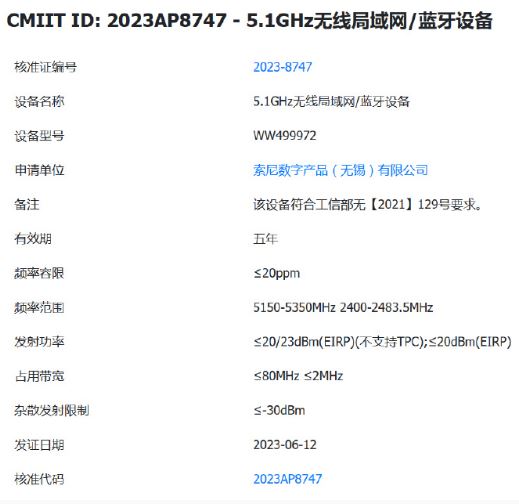
Sony registered a new camera at a wireless certification agency. The new camera model code is WW499972 2.4GHz/5.1GHz. Now, according to the latest rumors, the recent registration of model code “WW499972” is expected to be for the Sony A7C Mark II
So, now we have two different cameras in Sony’s announcement pipeline.
- The first one was registered in March with the model code WW542541 2.4GHz/5.1GHz. Said to be Sony A6700 arriving on July 12th
- The second camera was registered yesterday (25th June) with the model code WW499972 2.4GHz/5.1GHz.
Take a look at the rumored set of specifications for the Sony a6700 camera
Sony A6700 Expected Core Specification
- 26.1MP APS-C BSI CMOS Sensor
- BIONZ XR & AI Processing Unit
- AI-Based Real-Time Tracking AF System
- UHD 4K up to 60p (uncropped)
- S-Cinetone
- S-Log3, 4:2:2 10 Bit internal
- 5-Axis Image Stabilization
- updated Quad-VGA OLED Tru-Finder EVF 3.69m-dot resolution for bright, clear viewing in high detail
- 33MP Full-Frame Exmor R CMOS Sensor
- BIONZ XR & AI Processing Unit
- Up to 10 fps Shooting, ISO 100-51200
- 4K 60p Video in 10-Bit, S-Cinetone
- 3.68m-Dot EVF with 120 fps Refresh Rate
- 3″ 1.03m-Dot Vari-Angle Touchscreen LCD
- 759-Pt. Fast Hybrid AF, Real-time Eye AF
- Focus Breathing Compensation
- 5-Axis SteadyShot Image Stabilization
- Creative Looks and Soft Skin Effect
- 4K 15p UVC/UAC Streaming via USB Type-C
We are expecting the Sony A7C Mark II to have a sensor upgrade from the A7C. So this time we are expecting a 33-megapixel full-frame CMOS sensor from the Sony A7 IV camera to be present inside the upcoming Sony A7C Mark II.
Follow us on our social pages FACEBOOK | TWITTER | INSTAGRAM, If you have time –>see more Sony Alpha Rumor
By admin, on June 24th, 2023
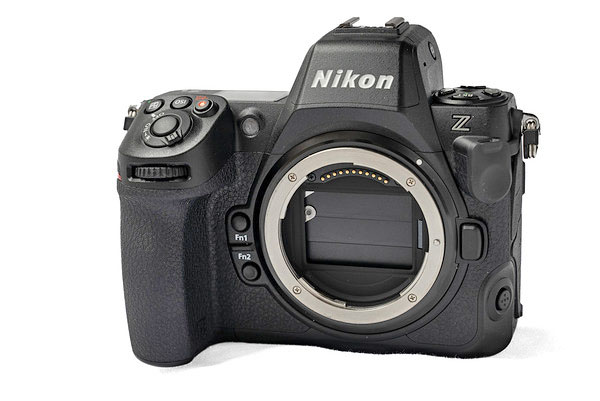
Nikon has announced that some customers using the mirrorless camera “ NIKON Z 8” have reported issues with attaching the lens. Nikon has identified the product number range of affected “Z 8” cameras and will repair them free of charge, regardless of the warranty period. Customers can check if their product is eligible by clicking “Confirm product number” and following the instructions. Nikon apologizes for the inconvenience caused to its customers.
Nikon Z8 Problems Press Release
Thank you for your continued patronage of Nikon products.
Customers using the mirrorless camera “Z 8” have pointed out that in rare cases the lens cannot be rotated to the locked position and the lens cannot be attached.
As a result of the investigation, it was found that this phenomenon may occur in “Z 8”. We have identified the product number range of the target “Z 8”, so we will inform you about the correspondence.
Regardless of the warranty period, we will repair the affected products free of charge. We will bear the return shipping fee. If you have any questions regarding this matter, please contact the service organization.
We sincerely apologize for the inconvenience caused to our customers.
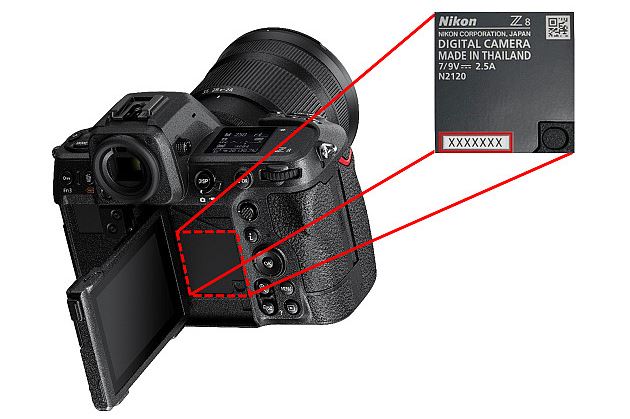
How to check the target product
To check if your product is eligible, please click “Confirm product number” below and enter your “Z 8” product number according to the displayed instructions.
Depending on the result of matching the entered product number, if the product is applicable, the reception method will be displayed, so please check it. If it is not a target product, please feel free to use it.
Follow us on our social pages FACEBOOK | TWITTER | INSTAGRAM to get live news + Nikon Rumors 24X7
source NIKON USA
|
KEEP THIS BLOG ALIVE - Support New Camera Buy Canon Lenses, Buy Music CD or Digital Camera at amazon it helps this site, and you do not pay anything extra, it is just a way to help support this site.

|





















